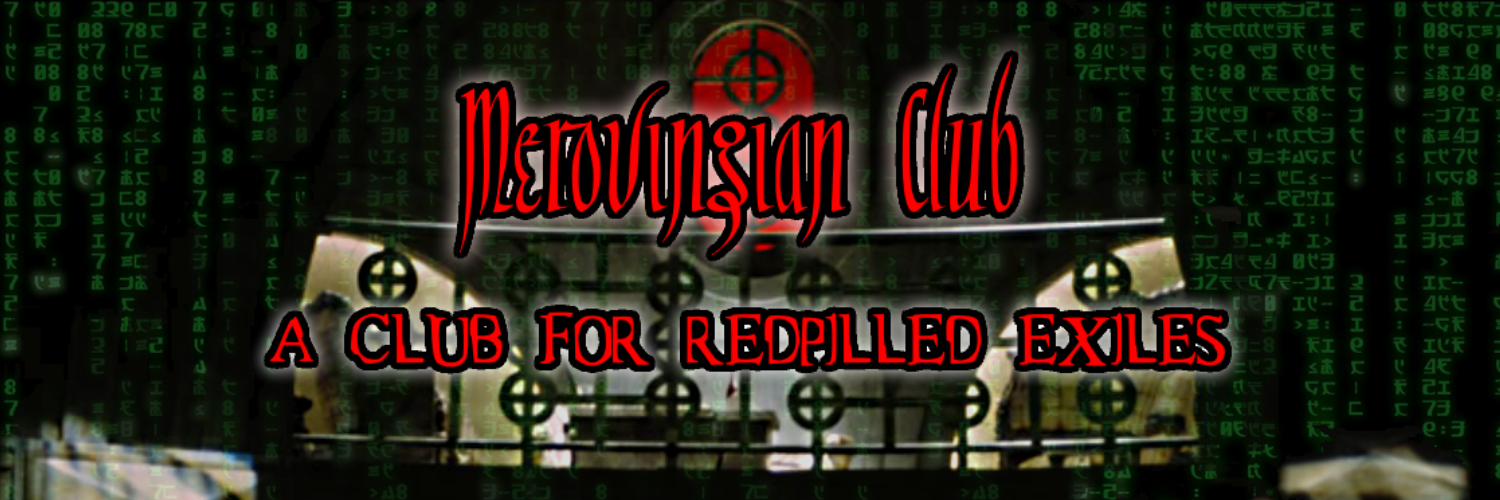Thread...
I was contemplating welfare and its disastrous effects in contrast with private charity.
Rome had issues with the public grain dole from its inception as a subsidized and price-fixed grain purchase and storage program in the republican era, which even though it was financed by tax increases, saw a precipitous increases in demand as all price-ceiling schemes do. Once it was implemented corruption set in and was frequently a topic of reform but not abolishment by politicians.
All this made me consider that famous phrase from Jesus, "The poor you will always have with you". It is an undeiable fact that poor people exist, and we don't need to talk about why they are poor; however, we have to live in a society with people who are poor. There are many things we can do to help the poor if we are so inclined individually such as the above mentioned food donations.
Unfortunately, it seems that once welfare is made a public institution, if Rome is typical, it is only ever to be overturned by dictatorial power or by a situation in which the government is unable to provide the service in 476 AD, and there are insufficient records to conclude that it was perpetuated.
@DoubleD I just finished listening to the audio book of HG Wells The Time Machine. I was pleasantly surprised to find out that the book was a warning against communism and dependency upon the state. At least that was my interpretation. It's a fantastic bit of fiction to listen to while model making https://youtu.be/_XoHZnsJwEw?si=-GDwBSNcXb_NtlM3
@DoubleD Authority and responsibility are two sides of the same coin.
When the government claims (full) authority over charity and welfare to the poor, it also becomes their (sole) responsibility to do so.
This story is a great insight why everyone should always resist this centralization of power, as it also takes away the personal responsibility from the lower levels so everyone always stop caring at all. The focus of survival completely changes.

Sulla as dictator abolished it, but it was brought back before 90 BC. Politicians quickly learned that they could win support with the populous of Rome and thus power with offices like Tribune thus giving them sway over the frequently seen street mobs of the late republic. It took dictators like Sulla and Julius Ceasar to remove or reduce the dole in one way or another.